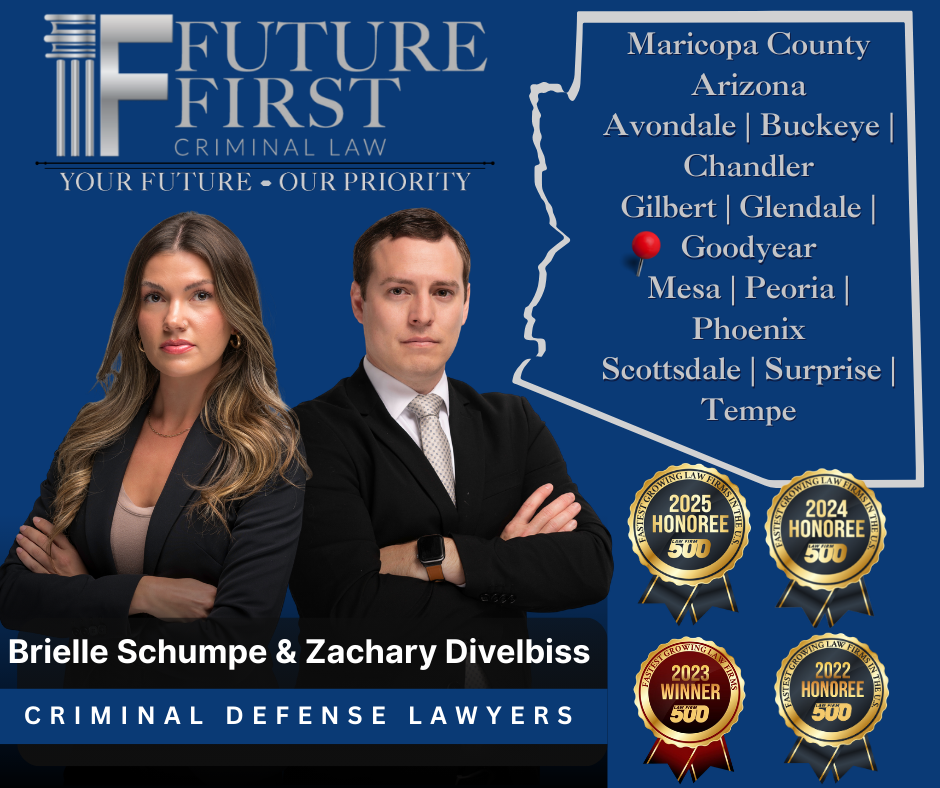Request PDF Download Version Here
When Police Knock at Your Door – Know Your Rights
When Police Knock at Your Door
The police are knocking at your door. Do you know what to do? Do you know your rights?
In the American criminal justice system, there is a long and solemn tradition of respecting the privacy of a person’s home. Law enforcement agents are not allowed to enter your home to conduct a search or make an arrest unless they have a valid warrant. At least, that’s the general rule. However, police officers have found a way to get around the warrant rule with a technique known as “knock and talk.” It works like this: Law enforcement agents approach a residence, knock on the front door, and engage the person who answers the door in conversation, hoping to gain entry and find evidence of criminal activity. Unfortunately for many citizens, this technique is often successful.
If law enforcement knocks on your door, you have to understand what is really happening – what is the motive for the visit – and know how to respond. First, let’s review the fundamentals:
What is “knock and talk”?
“Knock and talk” is an investigative technique; it is not an opportunity for a friendly chat or a meet-and-greet or community building. The officer who knocks on your door is investigating criminal activity, or a suspicion of criminal activity or, perhaps, an anonymous tip. Knock and talk is a way to further this investigation without a warrant.
Why do police use this technique?
There are two primary reasons officers rely on knock and talk. First, obtaining a warrant is time consuming, and requires the officers to demonstrate “probable cause” to believe they will find evidence of illegal activity. The knock and talk technique allows officers to quickly and independently pursue their suspicions. Second, knock and talk is often used because it is often successful.
Why is this technique often successful?
This technique often is successful because the average citizen is generally unfamiliar with his rights, and even those citizens who know their rights may be intimidated by the apparent authority of an officer and his badge. Consequently, many people will provide investigators with crucial evidence by making voluntary statements and by allowing officers to enter and search, simply because they are afraid to say “no” or don’t know that they have the right to say “no.” Moreover, sometimes just getting close to a home is enough for the police; evidence of criminal conduct can sometimes be seen, heard, or smelled from areas immediately outside the home, like the front porch.
Are there any restrictions on this technique?
Yes. Police officers are members of the public and, like anyone else, they are allowed to approach the front door of a residence in order to attempt to speak with the persons inside. However, the underlying premise of knock and talk is that it is a “consensual” encounter. Thus, the police must behave reasonably during a knock and talk. The officers’ actions may be deemed unreasonable and, therefore, unlawful, if, for example, they:
- Arrive at odd hours
- Bring numerous other officers for backup
- Display their weapons
- Make threatening and/or coercive statements
- Stay on your property for long periods of time
- Attempt to enter or search areas around the outside of your home that a member of the general public wouldn’t feel welcome to see
What is the goal of knock and talk?
Generally speaking, the goal of knock and talk is to make an end run around the warrant requirement. More specifically, the officers’ goals in conducting a knock and talk are:
- To see inside the residence. Officers will try to peer inside the open door and uncovered windows in the hopes of viewing, hearing, or smelling evidence of illegal activity.
- To question the occupants, in the hope that they will voluntarily provide admissions and evidence of illegal activity.
- To obtain consent to enter the home and search the premises, without a warrant.
- To find evidence of illegal activity and/or make an arrest, thus justifying their initial suspicions.
Continued Below…
What should I do if law enforcement knocks at the door?
If the police knock on your door, you do not have to open the door or communicate with the officers in any way. If you choose to open the door, know your rights and assert them:
- Step outside and close the door behind you.
- Ask to see a warrant. If the police have a warrant, take these specific steps. [In PDF – Link to Action List: When Law Enforcement is at the Door with a Search Warrant.]
- Do not answer any questions.
- Do not consent to the officers entering your home or conducting a search of any kind. Tell the officers, “I would like to help you. I have done nothing wrong, but my lawyer has advised me never to answer questions or consent to a search unless my lawyer is present.” Do not be rude, but be clear and firm.
- Go back inside your home and call your criminal defense lawyer.
If the police try to force their way into your home, comply with their orders and do not resist. It is far better to fight this illegal activity in the courtroom than in your living room. Pay attention to what is happening around you, and report all details of the incident to your lawyer.
What should I do if I can’t say no and the officers enter my home?
No doubt about it — when law enforcement officers show up at your door, it is hard to turn them away. If, for whatever reason, you or another occupant of your home allows officers to enter, tell the officers exactly where they are allowed to be. When the officers do not have a warrant, you have the right to limit the scope of their activity. For example, tell the officers, “You may come inside, but you must stay in the hallway. I do not give permission for you to go anywhere else in the home and I do not consent to a search.” Call your criminal defense lawyer right away.
Is there any way to keep the police off my property?
You may be able to avoid unwanted encounters with the police if you clearly mark your property as restricted to the public. Construct a fence with a locking gate. Post “no trespassing” signs. Make sure your windows have curtains or blinds, so you don’t unwittingly invite the police (or neighbors or passersby) to look into your home. In addition, educate all residents and guests of your home that they are not to invite in law enforcement agents and must never consent to a search. Call your criminal defense lawyer the moment you become aware that the police are trying to make contact with you or entry onto your property.
Understanding your Fourth Amendment Rights is crucial in protecting yourself against unlawful searches and seizures. While these protections are robust, the many exceptions can complicate matters.
If you believe your rights were violated during a police encounter, don’t face this alone. Our experienced legal team is here to help. Contact us today for a free phone consultation to review your situation, understand your options, and build a plan to protect your rights and your future. Call to speak with a member of our legal team today!
Top-Rated Legal Team Dedicated to DUI and Criminal Law
At Future First Criminal Law, we believe everyone deserves a second chance. That’s why we provide strong, strategic DUI and criminal defense representation, setting ourselves apart as a trusted choice in the Phoenix area.
Our approach is simple but impactful: by focusing on a select number of clients, we ensure each case receives the personalized attention it deserves. We take the time to understand the unique details of your situation, because no two cases are the same.
We know what’s at stake. Our dedicated team works tirelessly to craft tailored defense strategies that protect your rights and safeguard your future. From leveling the playing field in the courtroom to guiding you through every step of the legal process, our goal is clear: to help you avoid incarceration and move forward with confidence.
At Future First Criminal Law, we’re more than your legal advocates, we’re your partners in navigating the complexities of the justice system, empowering you to achieve the best possible outcome.



